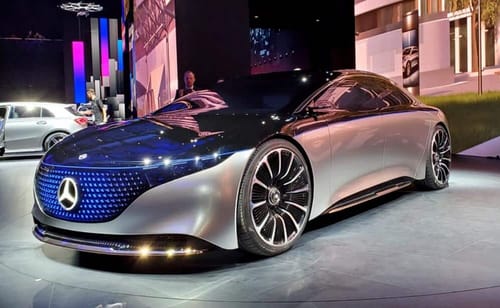 |
| Germany has the capacity to manufacture 400 million electric cars |
As automakers are switching to electric cars rather than cars and trucks with internal combustion engines, the global demand for some rare earth elements and metals is high.
One of the challenges in the electric vehicle industry is finding enough raw materials that are difficult and sometimes scarce to purchase.
Lithium is one of the main raw materials for building electric vehicle batteries.
Germany announced the discovery of a large number of lithium ore under the River Rhine and plans to extract important materials from it.
Geologists estimate that sediments at the bottom of the river could be sufficient to build 400 million electric cars, making it one of the largest in the world.
The Upper Rhine Valley is located in the south of the German Black Forest, with an area of about 300 kilometers and a width of 40 kilometers.
Lithium was smelted and locked up in underground hot springs several kilometers under the Rhine.
If the materials can be successfully extracted, Germany's dependence on imported lithium can be reduced, and the first negotiations are already underway with the automobile manufacturers.
Energy and mining companies are focusing on the growing demand from the German electric car industry, in an effort to bring lithium to the surface, trapped in underground hot springs pouring thousands of meters under the Rhine.
The authorities, hoping to recover key materials, are concerned about potential national opposition to mining activities.
Even now, most lithium deposits are still in remote areas of Australia or South America, with few people objecting to mining activities.
German-Australian startup Vulcan Energy Resources plans to invest about $ 2 billion in building geothermal power plants and lithium production facilities.
The company estimates it could produce 15,000 tons of lithium hydroxide annually from two sites by 2024.
The second phase starts in 2025 with the aim of producing 40,000 tons per year at three additional plants.
Lithium is commonly referred to as platinum and is a required battery component of the low carbon economy. As demand in the electric vehicle sector begins to outpace supply, the price of lithium has increased this year.
